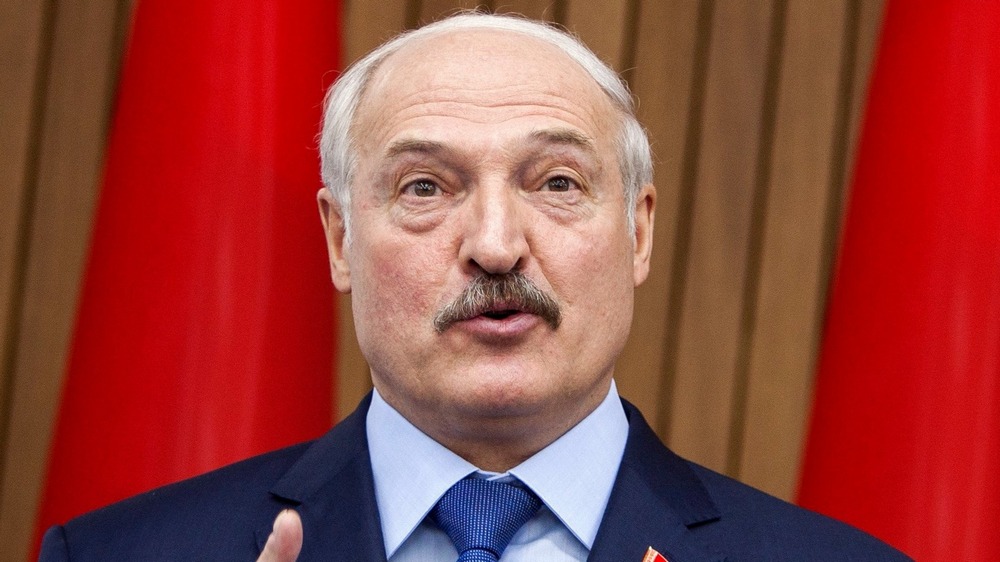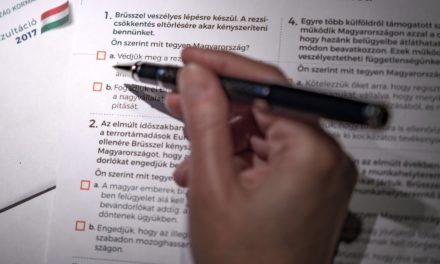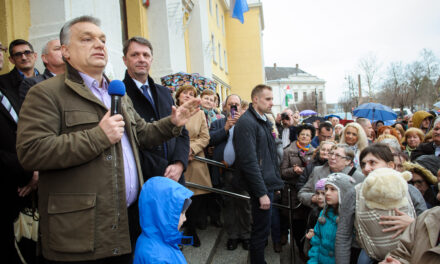Belarusian President Alyaksandr Lukashenka stated on Monday that his country is working to deport migrants stranded on the Belarusian-Polish border, mainly from the Middle East. Meanwhile, the EU allowed new sanctions against Belarus in response to the hybrid attack in Minsk.
"Active work is underway in this area to convince people to return home. But no one wants to go back," Lukasenka was quoted as saying by the state-run BelTa news agency.
The head of state also spoke about how his country does not want the migrant crisis on the common border with Poland to turn into a "conflict".
"We don't want any conflict on our state border. This is completely harmful to us," he stressed.
In response to the hybrid attack in Minsk, the EU allowed new sanctions against Belarus
The European Union has expanded its system of punitive measures due to the situation on its common border with Belarus. The aim of the measure is to enable the EU to respond to the fact that Minsk uses migrants as a hybrid attack to achieve its political goals, the Council, which brings together the governments of the EU member states, announced on Monday in Brussels, in connection with the meeting of the foreign ministers of the EU member states.
The broadening of the sanctions system allows, among other things, the adoption of targeted restrictive measures against people and organizations who are responsible for the activities of the Belarusian regime or contribute to facilitating the illegal crossing of the external borders of the European Union for migrants.
The council statement quoted Josep Borrell, the EU High Representative for Foreign Affairs and Security Policy, as saying that the decision reflects the European Union's determination to confront Belarusian activities that use migrants as a tool to achieve political goals.
"We push back against this inhumane and illegal activity, as we continue to consider the repression of the Belarusian population unacceptable"
he said.
The EU Council reminded: Monday's decision follows the conclusions of the meeting of the European Council, which brings together the leaders of the EU member states, held in the second half of October, according to which the EU does not accept the attempt to use migrants for political purposes against the EU, and condemns it at the borders of the EU experienced hybrid attacks.
The European Union introduced restrictive measures against Belarus for the first time in October 2020, in response to the presidential election held in August of that year, which was considered rigged, as well as the violent suppression of the subsequent movements and the intimidation of their participants, as well as opposition representatives and journalists. The EU foreign ministers also decided in June that - by strengthening the already existing restrictive measures - they would ban the use of EU airspace for airlines registered in Belarus, prohibit air carriers from using EU airports, and introduce targeted economic sanctions.
EU sanctions currently cover 166 people and 15 organizations. Among them are President Alyaksandr Lukashenka, his son, National Security Advisor Viktor Lukashenko, as well as several members of the Belarusian leadership and government, high-ranking representatives of the justice system and numerous economic actors. The measures taken against those on the list include an EU entry ban and the freezing of their assets stored in the EU.
MTI
Photo: Belarusian President Alexander Lukashenko (Photo: MTI/EPA/Dumitru Doru)













